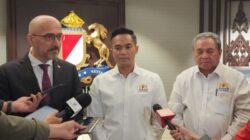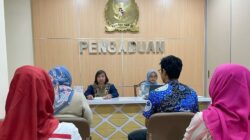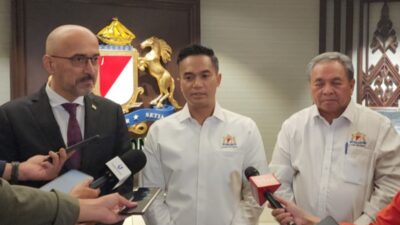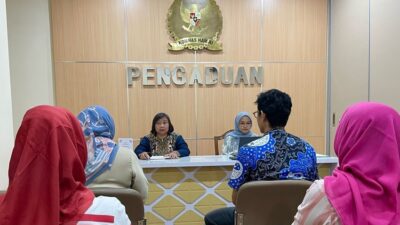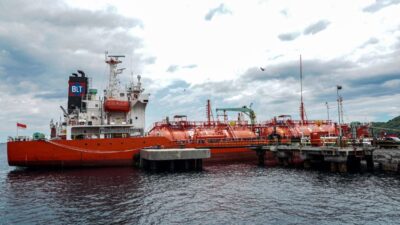Indonesia, with its vast biodiversity, has the opportunity to become a global leader in bioeconomy. In recent decades, the concept of bioeconomy has gained traction as a means to achieve sustainable development and transition to a low-carbon economy. Bioeconomy is widely understood as an economic system that utilizes biological resources sustainably to produce products and services that can replace fossil-based raw materials.
The Importance of Bioeconomy
Bioeconomy holds great potential as a pillar for economic transformation towards Indonesia’s Golden Vision 2045. With 62% of its land covered by forests, Indonesia is strategically positioned to develop a bio-based economy sustainably. However, there are challenges in the management of bioeconomy, such as the lack of a clear framework and practical guidelines for stakeholders, limited collective understanding, suboptimal utilization of abundant natural resources, and weak synergy among related sectors.
The Role of Stakeholders
Deputy Minister of Maritime Affairs and Natural Resources at the Ministry of National Development Planning/Bappenas, Vivi Yulaswati, emphasized the need for initiatives to formulate a clear concept and principles of bioeconomy that can be adopted nationally. This initiative not only involves the development of a clear and agreed-upon conceptual framework but also its practical application across various sectors.
Workshop on Indonesia Bioeconomy Initiative
The Indonesia Bioeconomy Initiative Workshop, held on December 5, 2024, was a crucial step in drafting a bioeconomy framework aligned with Indonesian values. The concept of bioeconomy is formulated by considering integrated local wealth from upstream to downstream and managing it wisely.
Collaboration for Accelerated Implementation
Acting Director of Forestry and Conservation of Water Resources at the Ministry of National Development Planning/Bappenas, Medrilzam, highlighted the importance of collaboration among stakeholders as a fundamental element in accelerating the implementation of bioeconomy in Indonesia. The government provides policy direction, the business world drives innovation, academia offers knowledge, and indigenous communities preserve local wisdom that forms the basis of sustainability.
Through strong cross-sector collaboration, building an integrated bioeconomy ecosystem from raw materials to product downstream will be key to success.







